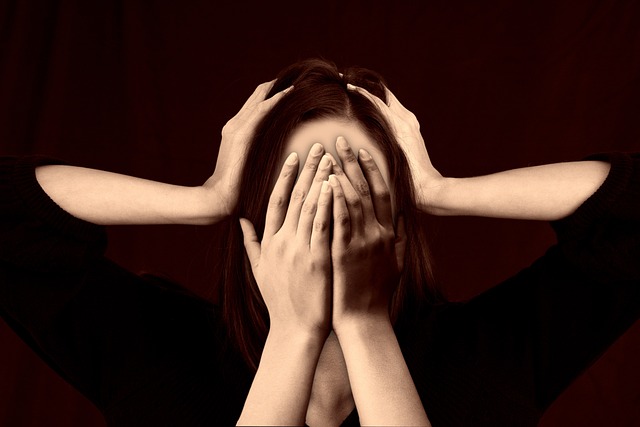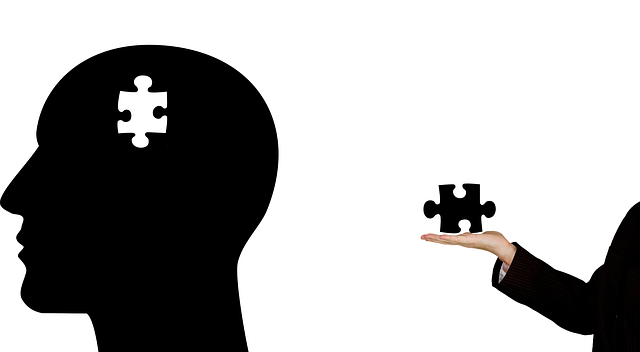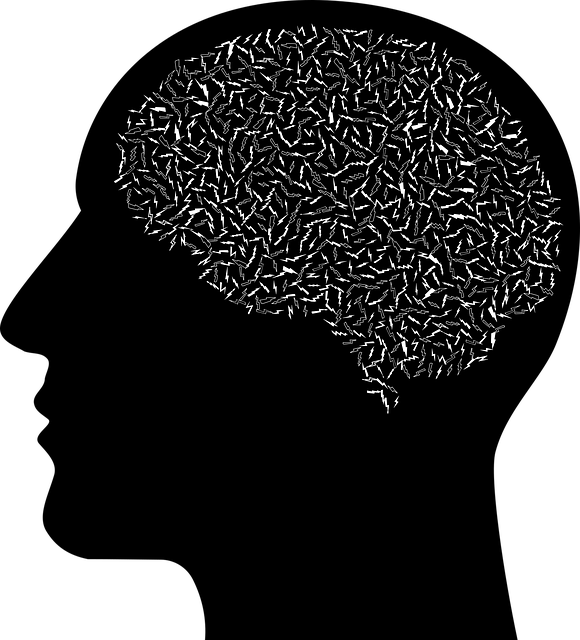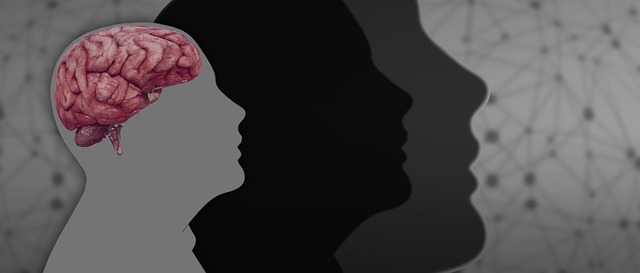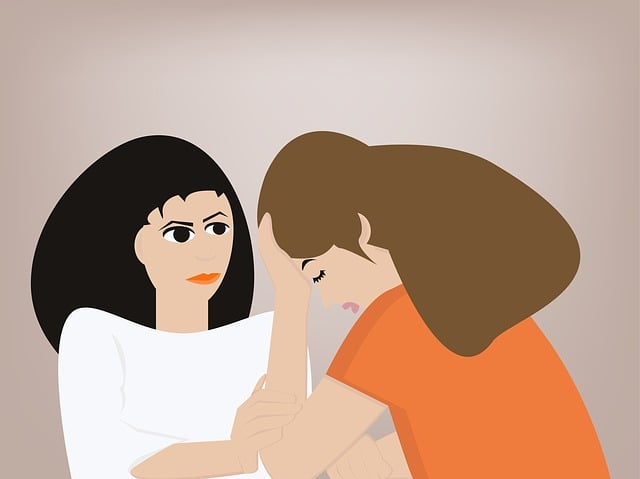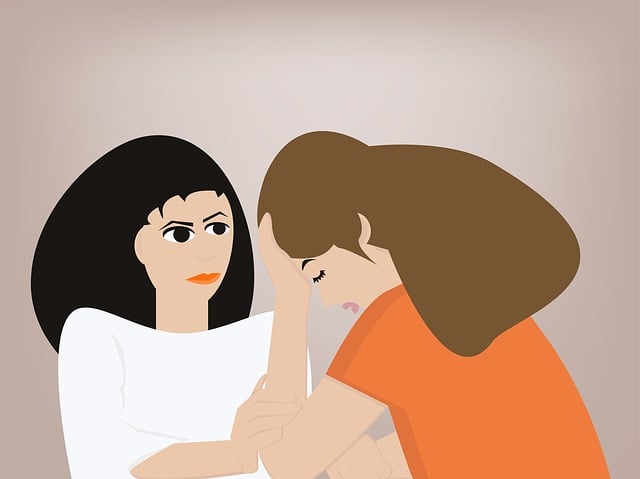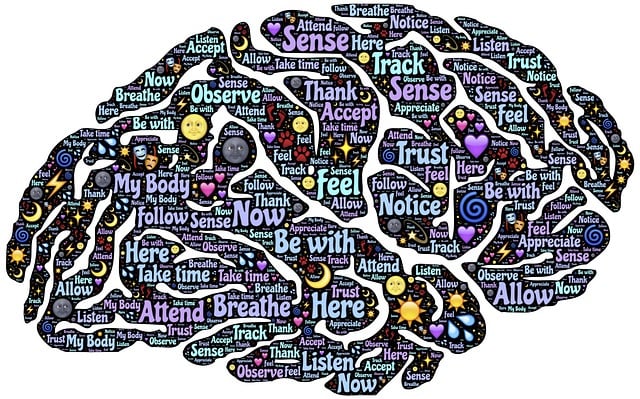Cultural sensitivity is key to effective ODD therapy in Denver, addressing diverse communities' unique needs by understanding and incorporating cultural beliefs and values into treatment plans. Overcoming mental health misconceptions through education and tailored strategies improves engagement and outcomes for clients affected by ODD, fostering inclusive healthcare practices in Denver's multicultural population.
In the diverse landscape of mental healthcare, cultural sensitivity is paramount. This article explores the intricate nuances of providing effective treatment, with a specific focus on Denver Oppositional Defiance Disorder (ODD) therapy. We delve into understanding cultural sensitivity, tackling challenges and misconceptions head-on, and highlighting best practices for culturally responsive approaches. By navigating these aspects, mental health professionals can offer tailored support, ensuring inclusive and transformative care for all patients, especially within the context of Denver ODD Therapy.
- Understanding Cultural Sensitivity in Mental Healthcare
- Challenges and Misconceptions: Overcoming Barriers in Denver ODD Therapy
- Best Practices for Culturally Responsive Treatment Approaches
Understanding Cultural Sensitivity in Mental Healthcare

Cultural sensitivity is a cornerstone in delivering effective mental healthcare, especially when addressing diverse communities in Denver and their unique challenges. It involves recognizing and appreciating the impact of cultural beliefs, values, and traditions on an individual’s mental health and treatment preferences. In the context of Oppositional Defiant Disorder (ODD) therapy in Denver, understanding a client’s cultural background is vital to tailoring interventions that resonate and foster trust. For instance, incorporating culturally relevant strategies can enhance engagement and adherence to treatment plans, as it respects the patient’s identity and experiences.
This approach ensures that mental health services meet the specific needs of diverse populations. In many cases, traditional Western therapeutic methods may not address underlying cultural traumas or social determinants of mental wellness. By incorporating trauma support services and resilience-building techniques that are sensitive to these factors, healthcare providers can offer more comprehensive care. This is particularly important in Denver’s multicultural landscape, where individuals from various ethnic and cultural backgrounds seek mental health support for ODD and other concerns.
Challenges and Misconceptions: Overcoming Barriers in Denver ODD Therapy

In Denver, providing Oppositional Defiance Disorder (ODD) therapy requires navigating cultural sensitivities to address deep-rooted challenges. One significant barrier is the misconception that ODD is merely a phase or a sign of poor parenting, which can deter parents from seeking help. These misconceptions often stem from cultural gaps in understanding mental health, especially within diverse communities. Many families may not recognize ODD as a legitimate disorder, lacking awareness of available therapeutic interventions like Denver ODD therapy.
Overcoming these challenges demands a culturally sensitive approach that educates and engages communities. Therapists in Denver can facilitate this by integrating practical strategies for emotional regulation into treatment plans. Encouraging self-care routine development for better mental health is another effective way to build inner strength among individuals struggling with ODD. By addressing misconceptions head-on and employing tailored therapeutic techniques, Denver ODD therapy can break down barriers, fostering understanding and improved outcomes for affected individuals and their families.
Best Practices for Culturally Responsive Treatment Approaches

Incorporating culturally responsive practices is vital for providing effective treatment to clients from diverse backgrounds, particularly when addressing conditions like Oppositional Defiant Disorder (ODD) in Denver. Best practices involve creating a safe and inclusive environment where therapists actively listen to and understand clients’ cultural perspectives, beliefs, and experiences. This approach ensures that the therapy aligns with the individual’s cultural identity, fostering trust and engagement. By integrating cultural sensitivity, therapists can offer tailored interventions, such as incorporating traditional healing methods or addressing specific familial dynamics, thereby enhancing the overall therapeutic process for ODD management in Denver.
Additionally, training in cross-cultural communication, coupled with knowledge of community resources, equips mental health professionals to provide Crisis Intervention Guidance and Stress Management strategies that resonate with diverse populations. These skills are integral to the Mental Wellness Coaching Programs Development, enabling therapists to support clients in navigating cultural barriers and promoting positive mental health outcomes. Such culturally sensitive practices not only improve treatment efficacy but also contribute to building inclusive healthcare systems, particularly within urban centers like Denver.
Cultural sensitivity is an indispensable aspect of mental healthcare, especially in diverse communities like Denver. As we’ve explored through this article, understanding and incorporating culturally responsive practices, such as those applied in Denver Oppositional Defiance Disorder (ODD) therapy, can significantly improve patient outcomes. By recognizing and addressing challenges and misconceptions, mental health professionals can create inclusive environments that honor various cultural backgrounds. This approach not only enhances therapeutic effectiveness but also fosters trust and promotes positive mental well-being among all individuals seeking support.


